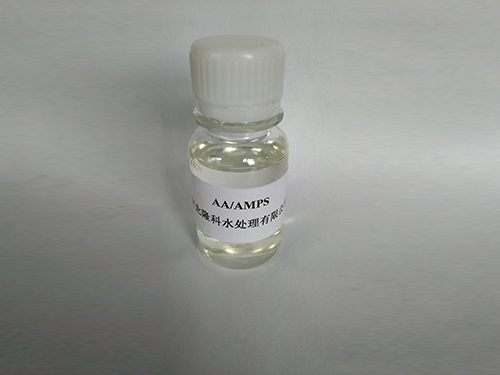coagulants and flocculants
Coagulants and flocculants play a vital role in water treatment processes, ensuring the removal of impurities and enhancing water quality for various applications. These chemical agents facilitate the aggregation of suspended particles, making them easier to remove from water. Understanding their functions, types, and applications is key to optimizing water treatment systems.
Coagulants are substances that promote coagulation, the process by which small particles clump together to form larger aggregates. Commonly used coagulants include aluminum sulfate (alum), ferric chloride, and polyaluminum chloride. These agents work by neutralizing the electrical charges on suspended particles, allowing them to come together. As particles aggregate, they become heavier and can settle more readily during sedimentation.
Flocculants, on the other hand, are polymers that help to bind the coagulated particles into larger clusters, known as “flocs.” These flocs are crucial for the efficient removal of impurities during the subsequent filtration or sedimentation stages. Flocculants can be anionic, cationic, or non-ionic, depending on their charge properties. The choice of flocculant depends on the characteristics of the water being treated and the types of impurities present.
coagulants and flocculants

The combination of coagulants and flocculants is essential for effective water treatment. In many cases, the coagulant is added first to destabilize the particles, followed by the flocculant to enhance the aggregation process. This two-step approach improves the efficiency of solid-liquid separation and promotes clearer water.
These chemical agents are used in various industries, including municipal water treatment, wastewater management, and industrial processes. In municipal water treatment, coagulants and flocculants ensure that drinking water is free from harmful contaminants, while in wastewater management, they help remove pollutants to meet environmental regulations. Additionally, industries such as paper manufacturing and mining utilize these agents to enhance process efficiency and improve product quality.
In conclusion, coagulants and flocculants are indispensable in water treatment processes. Their ability to coagulate and flocculate suspended particles not only helps in achieving cleaner water but also plays a significant role in protecting public health and the environment. Continued research and development in this field promise to enhance their effectiveness and broaden their applications, ensuring better water management practices for future generations.
-
Understanding Polycarboxylic Acids: Properties, Applications, and Future PotentialNewsJul.28,2025
-
Scale Inhibitor Explained: How to Protect Your System from Limescale and Hard Water DamageNewsJul.28,2025
-
Scale and Corrosion Inhibitors: Essential Chemicals for Industrial Water System ProtectionNewsJul.28,2025
-
Polyaspartic Acid: A Biodegradable Polymer for Sustainable ChemistryNewsJul.28,2025
-
Isothiazolinones: A Versatile Antimicrobial Class with Industrial Power and Regulatory ChallengesNewsJul.28,2025
-
A Deep Dive into 2-Phosphonobutane-1,2,4-Tricarboxylic Acid (PBTC)NewsJul.28,2025





